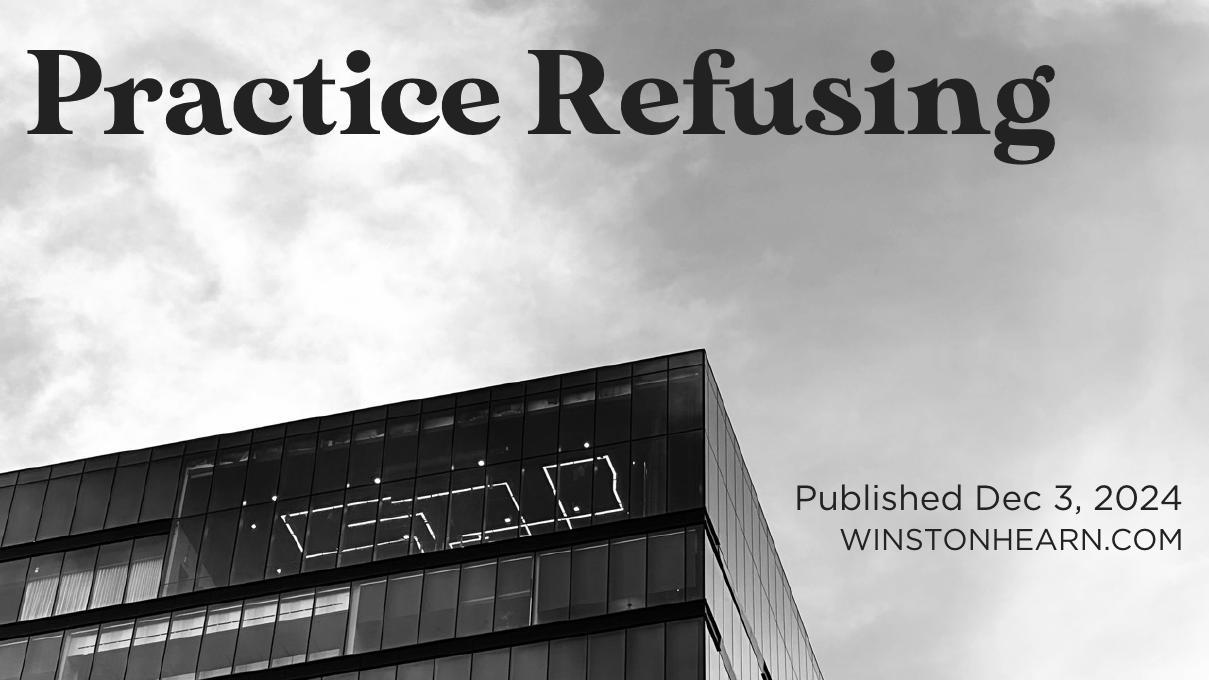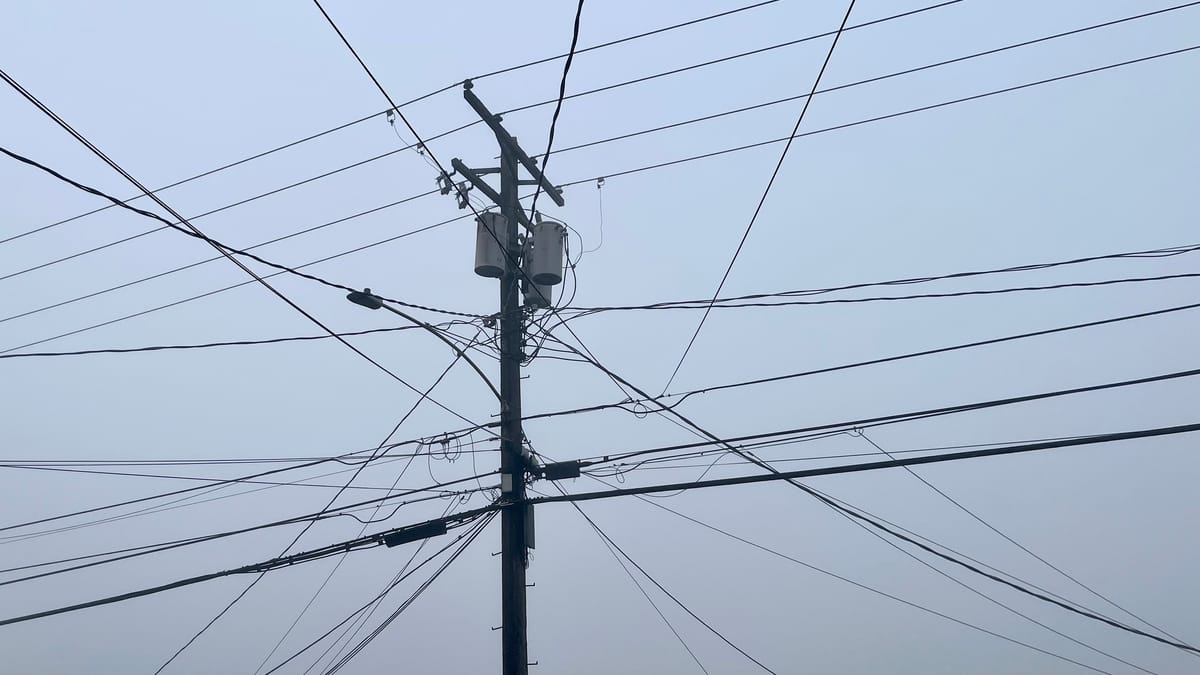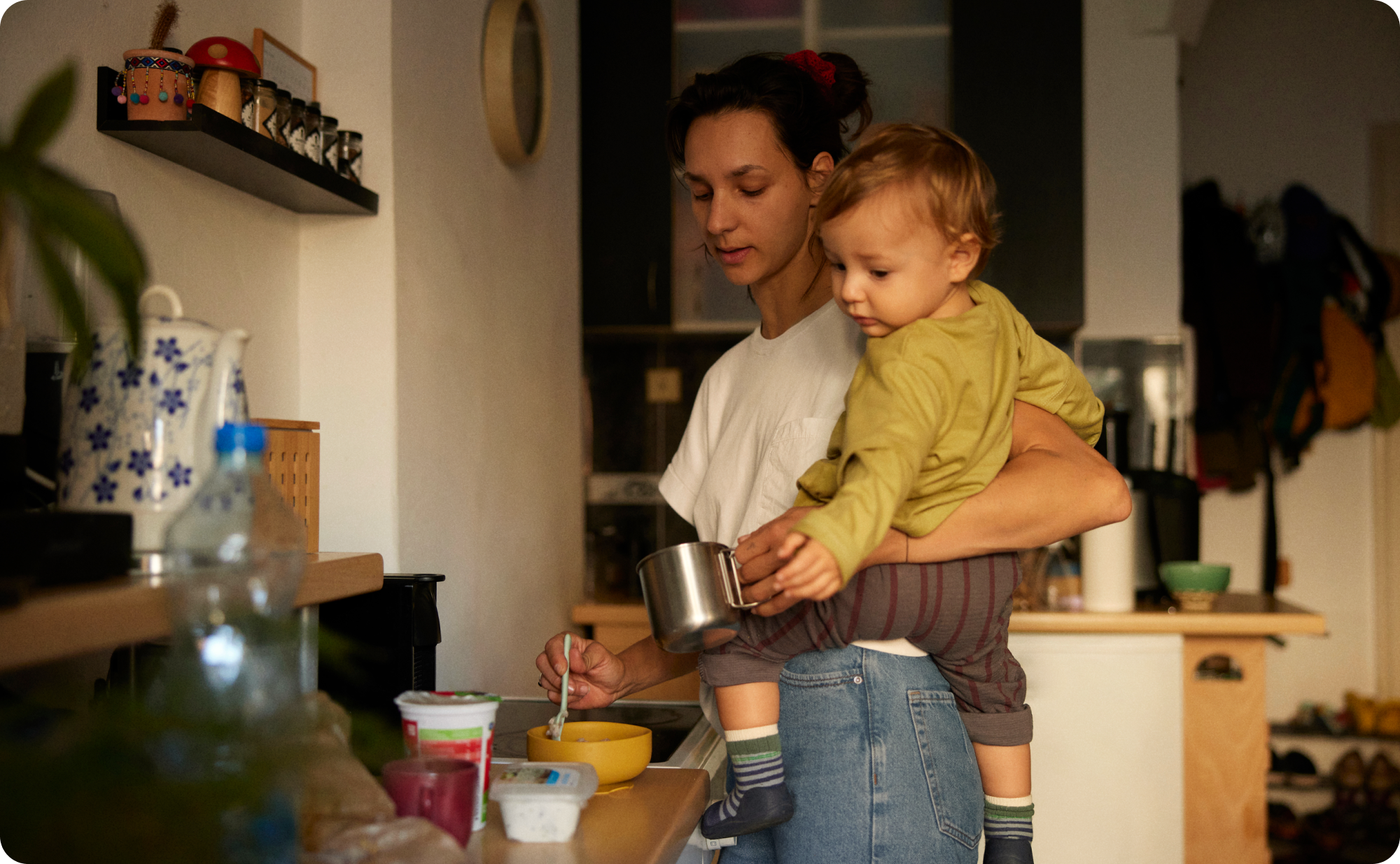I bring you a few practices of doing otherwise—doing anything other than the default, expected, thoughtless thing. Wiggle room where and how we find it.
As a person
First, a practice of refusal, from Winston Hearn:
When you practice refusal, you start conjuring up space for different futures. It’s a magic trick. When you refuse to do a thing that the majority of other people are doing, you create space for others to join you. When you refuse to enforce a dumb rule, you make the world malleable. When you refuse to believe a story without doing your own research, you build trust in yourself. When you refuse to take people at their word—when you understand that trust has to be earned it is not just given by default—you undermine power. The effects of the practice of refusal is to create a less predictable world, which makes planning harder.

Next, a practice of invitation, from Jack Kornfield:
You see a hungry child, a painful injustice, an act of violence to an innocent person and your heart goes out. You want to help. The profound reality of suffering is an invitation to step out of the fiction of separateness, grasping at what is called the “small sense of self” or the “body of fear,” where we are frightened or selfish or self-centered or cut off. This is not who we are. We know there is a reality beyond this. We feel it walking in the high mountains or making love or being there at the mystery of the birth of a child or the death of a human being. All of a sudden we step out of time-bound consciousness, the separateness, and feel ourselves part of the turning of the seasons of life. You can feel it on retreat. You’re doing walking meditation and all of a sudden you realize you’re not doing it. It’s all just doing it itself. It’s amazing. One of my teachers explained this as “No self, no problem.” More self, more clinging; more self-centered, more problem.

In the workplace
The busy lil’ consultant in me is preoccupied with how this plays out in the workplace. First, let’s acknowledge with Sumantra Ghoshal—in his classic paper from 2005—that labor markets are not efficient, and transfer risk to workers:
Shareholders can sell their stocks far more easily than most employees can find another job. In every substantive sense, employees of a company carry more risks than do the shareholders. Also, their contributions of knowledge, skills, and entrepreneurship are typically more important than the contributions of capital by shareholders, a pure commodity that is perhaps in excess supply.
(This paper is well worth reading if you haven’t. JSTOR and mysterious PDF links below.)
If you’re a worker storing your bosses’ risk in your head and heart and hands, what might you do? Mandy Brown writes:
Most employment in the US is what is known as “at will.” Legally, that means both you and your employer can end the job at any moment, for any reason or for no reason at all. But to “will” something is to choose it, to exercise the mind and body towards an act. Every choice you make in your work is an act of will, an act of your will, and the collective will of the people you make those choices with. And will is a powerful thing! The story of inevitability is a story that wants you to forget that you have the will to change things; but the future remains, as ever, unwritten.

And, finally, Jenny:
It’s possible to see this with despair or derision: who are we becoming that even the use of tools and technologies has become a matter of identity? But the fun thing about reading anthropology is learning how much humans have always been Like This™. There were tribes who refused to adopt agriculture not because they didn’t know about it, but because the tribe up the road does agriculture and they’re not like them. Groups that refused to domesticate cattle because it was important to their group identity to see bulls as wild and untamed. I refuse to use generative AI because I simply don’t want to be the kind of person who uses generative AI. The promise of AI is that it removes friction. It doesn’t matter whether it can actually fulfill that promise, it matters that the sovereign wealth funds with seemingly infinite pockets and patience for Sam Altman’s megalomania believe it can.
A book recommendation
I’ve been enjoying this new book of edited talks from Ram Dass, with supporting essays by various teachers:

Ram Dass—who you may know as the author of “Be Here Now” among may other books—was not the most accessible speaker or thinker to get into, but this collection provides a generous structure for doing so. For example, the ‘invitation to freedom’ by Jack Kornfield I mentioned above is one of the supporting essays from this book. I’d recommend this collection to anybody.
A year of whole-heartedness closes
A year ago, I wrote about whole-heartedness as we entered into what we all knew would be—politically, socially, culturally—a very bad time.

How has this year of whole-heartedness worked out? Great, I think, but not without a lot of heartache. I try to be less cynical, to bring care and kindness. It’s hard, sometimes (all the time), but also something I can do to run counter to the culture being produced while the “killers in high places say their prayers out loud.” In that same post I wrote that this song is what whole-heartedness means to me, and a year later, I have no better definition:

It’s Election Day in the United States. My ballot is dropped off and has been counted. On Friday, Mavis Staples’ new album is out. The tracklist indicates she’s covered this song. I look forward to it.
One more thing. If you’re in the US, consider a cash donation of any amount to your community food bank. This part of the social safety net is in crisis right now due to the government shutdown and the Republican party’s refusal to fund SNAP (aka food stamps). Here’s detailed information about how SNAP works, how the Trump administration broke it, and the day-by-day accumulating impact on families:

Take good care. See you a little further down the road.











